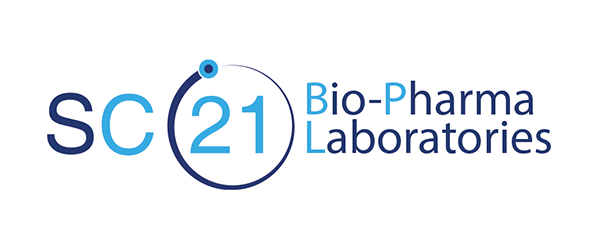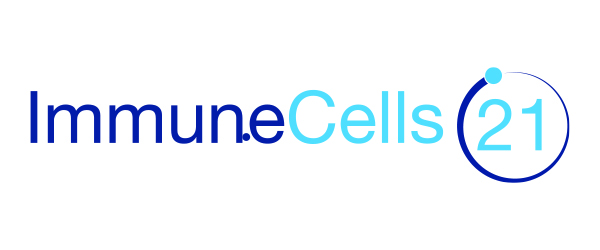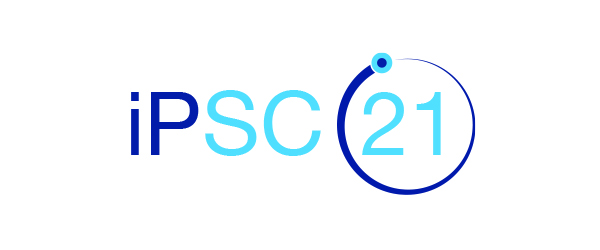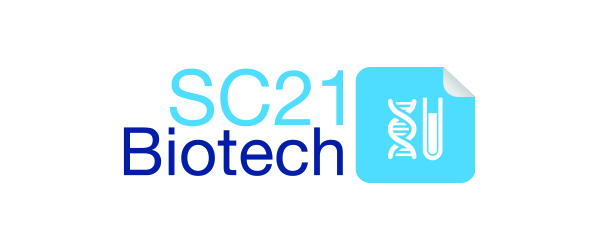Autism Stem Cell Treatment
Autism Treatment: Autism affects an individual’s ability to communicate and form relationships with other people from early childhood. Autism also affects an individual’s ability to use language as well as abstract concepts. Autism Stem Cell Therapy is available now at our treatment center in Bangkok, Thailand.
Stem Cell Therapy for Autism
Autism signs/symptoms start showing from age 2, however, a child can be diagnosed with autism when they are 1.5 years. It is worth noting that some developmental delays linked to autism can be seen even earlier. Parents with concerns that their children are autistic are advised to seek evaluation immediately since early detection increases chances of recovery. Most developmental delays caused by autism can be addressed if they are detected early.
There are still questions on the exact causes of autism; however, there are strong indications that the disease is initiated by a combination of environmental, biologic and genetic influences. Some reasons point to the fact that genes play a crucial role in causing autism. For instance, families with an autistic child have a higher chance (a 5-20% chance) of having another autistic child.


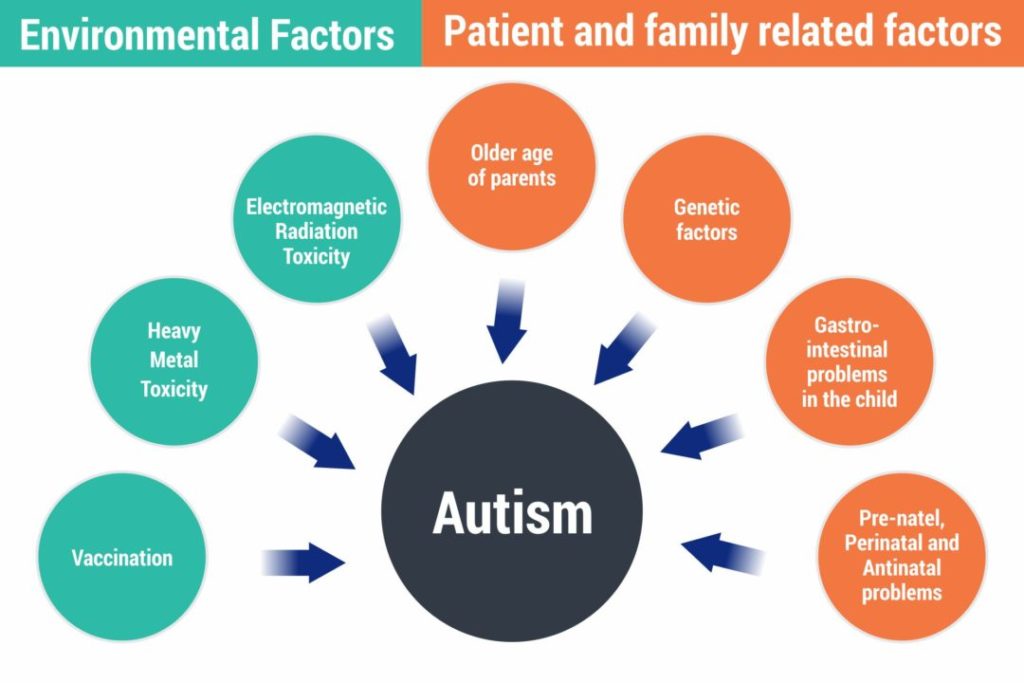
Autism Stem Cell Treatment
Recent research shows that stem cell therapy can be used to treat autism by addressing the root causes of the disease like oxygen deprivation, immune function disorder, and inflammation. In our Stem Cell treatments for autism, we utilize Mesenchymal Stem Cells (MSCs) acquired from the umbilical cord Matrix. StemCells21 autism stem cell therapy program works towards increased angiogenesis and blood flow to the brain, immune modulation, and inflammation control in patients with autism to alleviate autistic symptoms. The therapy has also been found to help in brain development for younger autistic children.
Autism stem cell treatment focuses on restoring lost or impaired neuron connections, forming new neuron connections and speeding up brain reactions by improving synaptic transmission and the development of new neuron connections.
Mesenchymal Stem Cell Treatment Mode of Action and Therapeutic Benefit for Autism Treatment
Umbilical cord mesenchymal stem cell (UC-MSC) therapy for Autism Spectrum Disorder (ASD) is showing very promising results. Here are some potential mechanisms of action and therapeutic benefits that have been seen at our center:
Mode of Action:
Immunomodulation: UC-MSCs have immunomodulatory properties and can regulate the immune response in individuals with ASD. They may help modulate the immune system’s abnormal responses and reduce inflammation, which is believed to play a role in the development and progression of ASD.
Trophic support: UC-MSCs secrete various growth factors and neurotrophic factors that can support neuronal survival, growth, and function. These factors may help improve the connectivity and function of neural circuits that are disrupted in individuals with ASD.
Modulation of neurotransmitters: UC-MSCs have the potential to modulate the balance of neurotransmitters in the brain. This modulation may help restore the abnormal neurotransmitter levels often observed in individuals with ASD, leading to improvements in behavior and cognitive function.
Therapeutic Benefits:
Improved behavior and social interaction: UC-MSC therapy has been suggested to potentially improve social skills, communication, and behavior in individuals with ASD. This can include increased eye contact, improved social responsiveness, reduced repetitive behaviors, and better adaptive skills.
Cognitive enhancements: Some studies have reported potential improvements in cognitive function, such as attention, memory, and learning abilities, in individuals with ASD following UC-MSC therapy.
Reduced inflammation: UC-MSCs’ anti-inflammatory properties may help reduce neuroinflammation in individuals with ASD, which is believed to contribute to the pathophysiology of the disorder. By reducing inflammation, UC-MSC therapy may potentially alleviate some of the symptoms associated with ASD.
Safety and tolerability: UC-MSC therapy has generally been considered safe and well-tolerated in clinical trials conducted so far. This is an important consideration when exploring potential treatment options for individuals with ASD.
Beneficial Actions of Stem Cells for Autism
- Cross the endothelial brain barrier
- Migrate to sites of injury (chemotaxis)
- Communicate with and alter nearby cells (paracrine effect)
- Encourage existing cells to self-repair (autocrine effect)
- Immune modulation
- Transform into neurons and glia
- Promote the formation of nerve cell axons (axogenesis)
- Release neuroprotective factors
- Encourage existing cells to adapt (neuroplasticity)
Results Achieved for Autism Stem Cell Treatment
- Enhanced immunity
- Improved metabolism
- Reduced repetition
- Increased communication ability
- Improved memory and learning capacity
- Improvements in verbal skills, writing skills, self-care skills, attention span, and concentration.
- Tolerance to different foods
We organize our stem cell packages based on the size and complexity of your condition. Small, simple conditions require relatively few stem cells to treat them. Large, complicated conditions— or conditions you wish to treat as quickly and as completely as possible—will require larger volumes of stem cells to get the job done.
Our price for this treatment starts at $19.500 (US Dollar). The treatment duration is between 3-5 days depending on your specific condition.
Details | Treatment Type | Stem Cell Volume |
I | Single Area of Focus & Treatment | 50,000,000 stem cells |
II | Multiple Areas of Focus, Simple Inflammatory Conditions, or Early Stage Disease | 100,000,000 stem cells |
III | Complex Conditions or Premium Option for Simple Conditions | 200,000,000 stem cells |
IV | Advanced Stage Disease or Fastest Possible Treatment for All Conditions | 300,000,000+ stem cells |
We select your supportive therapies based on your condition. Your supportive therapies will direct your stem cells to the impacted tissue that needs to be regenerated, trigger selective cell activity, and provide your body with additional biological building blocks to deliver a faster and more complete regeneration.
We offer many supportive therapies, that include but are not limited to:
- Peptides & Messenger RNA
- Laser Blood Irradiation
- Laser Tissue Radiation
- Shockwave Therapy
- Ozone or Oxygenation
- NAD+
- Physiotherapy
- Nutrition & Enzymes
We curate an additional set of simple supportive therapies that you will bring home with you after your treatment, and self-administer for one to three months. This take home set ensures that your stem cells and your impacted tissue continue to receive direction and building blocks to continue to regenerate after your initial treatment.
We typically provide a one to three-month supply of:
- Compounded Nutrition
- Messenger RNA
- Growth Factors

